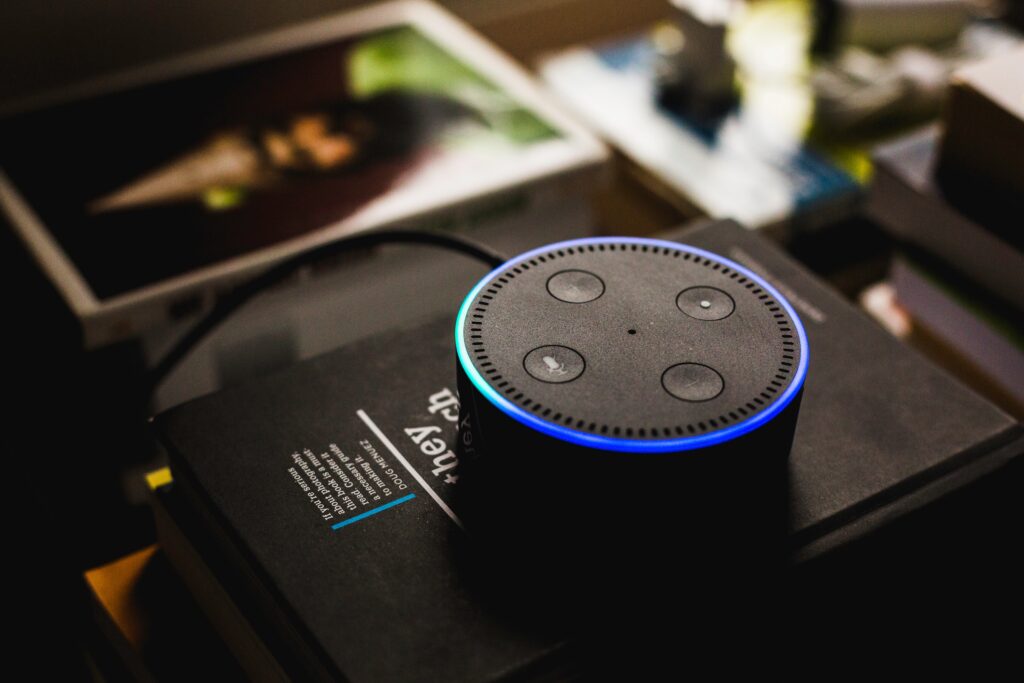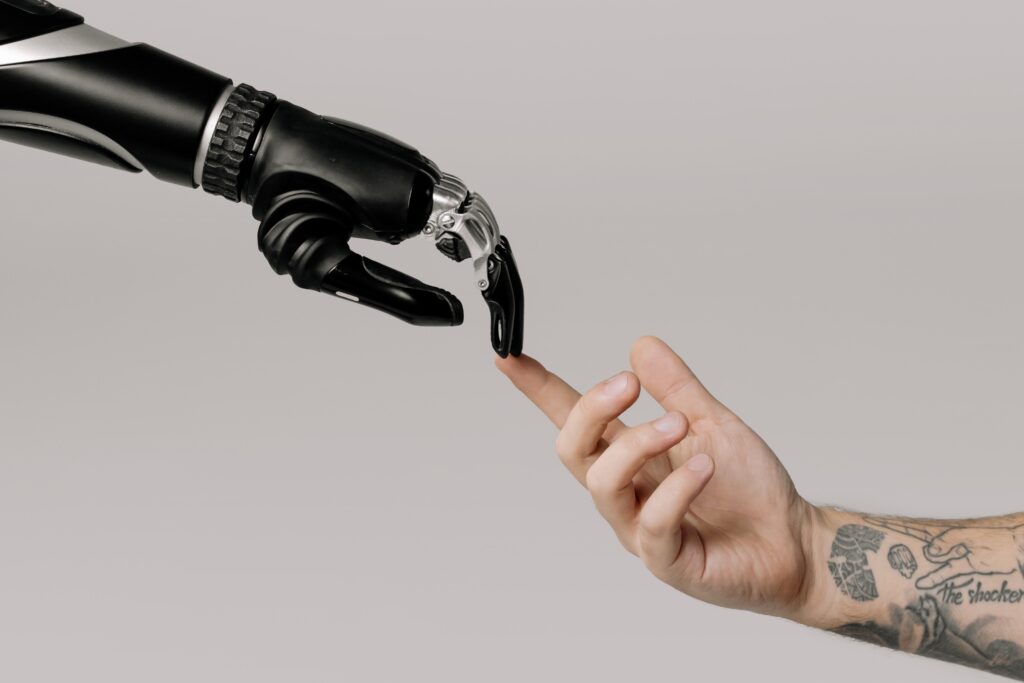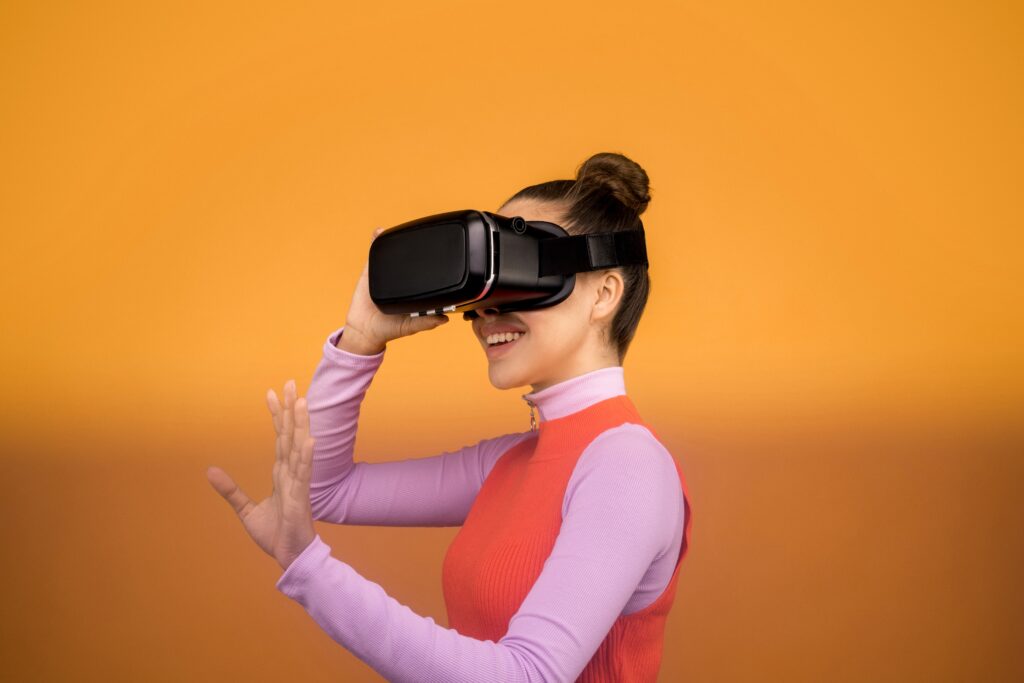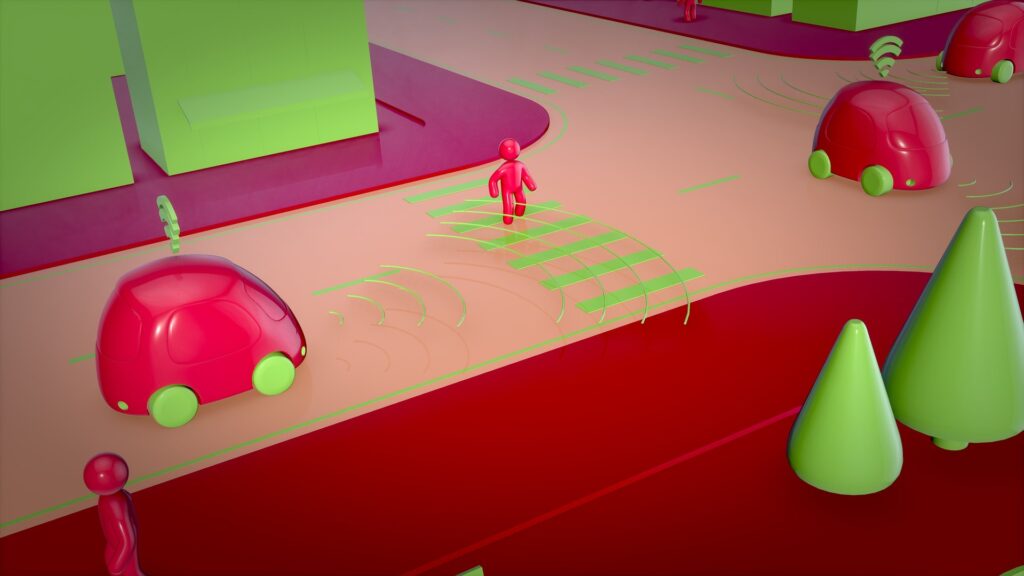“Are you ready for a bombshell? The AI race is over and the usual suspects – Alexa, Siri, and Google Assistant – have all lost out! You might be wondering how this could happen. After all, these digital assistants have dominated the market for years now. But trust us when we say that there’s a new player in town that’s set to turn everything on its head. So buckle up and get ready, because things are about to get interesting!”
Introduction to AI and Alexa, Siri and Google Assistant
In the past few years, we have seen a race to create the best Artificial Intelligence (AI) assistant. Big tech companies like Amazon, Apple and Google have led in this technology. However, it seems that this race is now over – and Alexa, Siri and Google Assistant have lost.
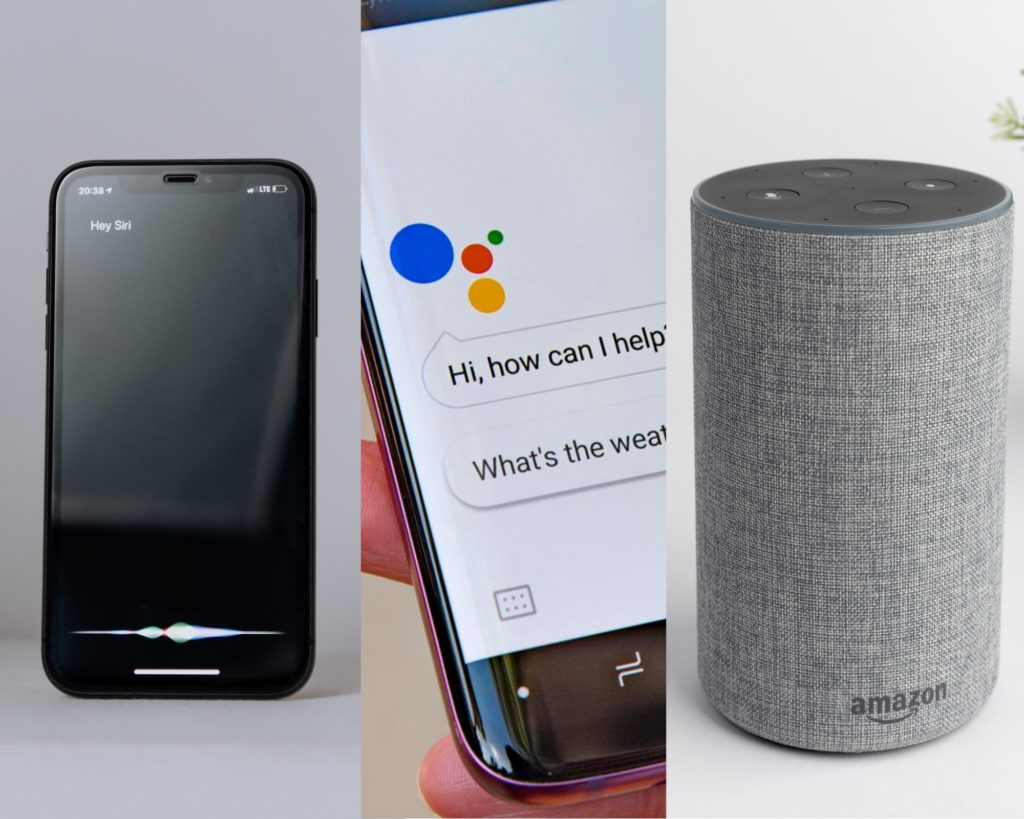
They were never intended to be AI helpers actually, which is why this is the case. They were created as simple command and inquiry processors for digital voice assistants. These organizations, however, have found it difficult to keep up with the rising demand for AI helpers.
This is because creating a true AI assistant requires a lot more than just making a digital voice. It requires an understanding of human psychology, natural language processing and machine learning. It’s something that these companies are still working on – but they’re not there yet.
So, if you’re looking for a true AI assistant, you will need to look elsewhere. For now, Alexa, Siri and Google Assistant are still the best digital voice assistants on the market – but they’re not true AI assistants as mentioned.
How These Products Lost the AI Race
The global race to control the future of artificial intelligence is over, and the winners are clear: Alexa, Siri, and Google Assistant. These virtual assistants have declared as the three most popular AI-powered platforms, with each one taking out a dominant position in the market.
Still, there are a number of other companies that have lost the AI race. Some of them were simply too slow to enter the market, while others made strategic miscalculations that cost them dearly. Here’s a look at how some notable companies lost out in the battle for AI dominance.
Amazon was one of the first major tech companies to recognize the potential of artificial intelligence. The e-commerce giant introduced its Echo smart speaker in 2014, powered by its Alexa virtual assistant. Since then, Amazon has started selling millions of Echo products worldwide. Amazon has also integrated Alexa into other devices, including Fire TV streaming sticks and AmazonBasics microwaves. Due to this, Alexa is now present in millions of homes around the world which is dominating in smart home devices.
Google was another early adopter of AI technology, launching its Google Assistant platform in 2016. Google Assistant is available on a range of devices, including Android smartphones, Google Home speakers, and Chromebook laptops. The search engine has also made deals with a number of third-party manufacturers to integrate Google Assistant into their products. This strategy has helped Google gain a better foot in the smart home market, where it competes against Amazon’s Echo.
The Impact of AI on Society
There is no doubt that artificial intelligence (AI) is rapidly evolving and growing every day. But what does this mean for society as a whole?
Some experts believe that AI will ultimately have a positive impact on society, improving our lives in a number of ways. For example, AI could be used to help solve some of the world’s most pressing problems, such as climate change, disease and hunger.
Others are not so optimistic about the future of AI. They warn that the technology could be used to control and manipulate people, as well as lead to mass unemployment as machines increasingly take over human jobs.
So far, it appears that the optimists may be winning the debate. The rapid development of AI is often compared to the Industrial Revolution, which had a transformative effect on society and led to unprecedented levels of economic growth. Just as the Industrial Revolution eventually benefited everyone, many believe that AI will also bring about widespread improvements in our lives.
However, there are still some significant challenges to overcome before we can fully reap the benefits of AI. For instance, we must make sure the technology is morally acceptable and doesn’t harm either people or the environment. In order to prevent widening the gap between those who have access to these potent tools and those who do not, we also need to make sure that everyone has access to AI technology.
How a complete AI is different from Alexa, Siri and Google Assistant
Artificial Intelligence refers to the wider field of developing computer systems that can perform tasks that typically require human intelligence, such as understanding natural language, recognizing images, and making decisions.
Alexa, Siri, and Google Assistant are examples of specific applications of AI. They are known as virtual assistants and are designed to interact with users through natural language processing and speech recognition. These virtual assistants use AI algorithms to understand what the user is saying and respond accordingly.
So while Alexa, Siri, and Google Assistant are applications of AI, AI contributes a much broader range of technologies and applications beyond just virtual assistants. AI includes machine learning, natural language processing, computer vision, robotics, and more.
Reasons for the Failure of Alexa, Siri and Google Assistant
In recent years, there is an increased debate on the potential of artificial intelligence (AI) assistants such as Alexa, Siri and Google Assistant. Despite the significant investment made by tech giants in this area, these products have failed meet the expectations. There are a number of reasons for this failure, which can be summarized as follows:
1. Lack of accurate voice recognition
2. Limited functionality
3. Lack of understanding
1. Lack of accurate voice recognition
Accurate voice command recognition is one of the most important needs for an AI assistant. Sadly, Alexa, Siri, and Google Assistant have had difficulty in this area, frequently failing to accurately translate what is being said. Users find this to be quite frustrating, which is one of the main reasons these products aren’t more successful.
2. Limited functionality
Another major problem is that AI helpers are ineffective at finishing tasks that go outside of their purview of capabilities. This is especially true of Alexa and Siri, both of which can only perform a limited set of predetermined activities, such playing music or setting alarms. Google Assistant, in contrast, is a little more adaptable but still falls short of its human equivalents when it comes to handling difficult tasks.
3. Lack of understanding
The inability of Alexa, Siri, and Google Assistant to comprehend human behaviour was another factor in their failure. All three businesses erred by believing that customers would use their products similarly to how they would use a computer or smartphone. But when it comes to voice assistants, people behave entirely differently than while using other types of technology. All three products consequently fell short of what customers expected in terms of use and functionality.
What are the Alternatives?
Alexa, Siri, and Google Assistant are the three main competitors in the field of digital assistants. What are the options, though?

There are a few different possibilities if the major three don’t satisfy you. Microsoft’s digital assistant Cortana is one of them. Even if Cortana isn’t as popular as the others, it does have some distinctive characteristics that may interest you. Cortana, for instance, can follow your packages and provide you with traffic information.
Mycroft, an open-source digital assistant, is an additional choice. Mycroft is special in that it is totally free and open-source and functions on any device, including Amazon Echo and Raspberry Pi. That implies that anyone can improve it and make a contribution to its growth.
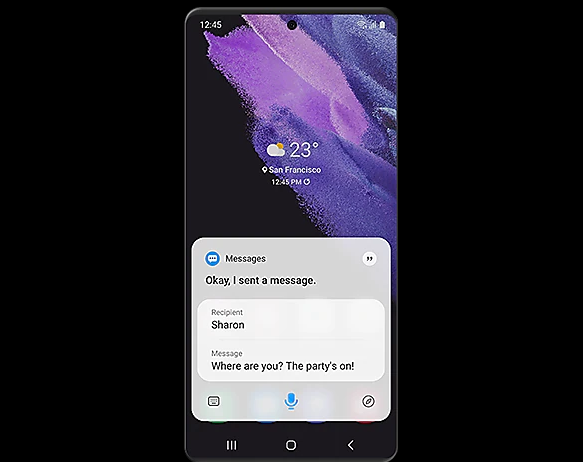
The digital assistant from Samsung is called Bixby. Although it isn’t as well known as the others, Bixby does have some ardent supporters. Its integration with Samsung products is one of its primary characteristics. Therefore, Bixby might be worth checking out if you’re a Samsung user.
The battle of the virtual assistants, including Alexa, Siri, and Google Assistant, appears to be over, with the more seasoned and established players coming out on top. These virtual assistants still lack some functionality, despite their best attempts. However, it would be unwise to fully ignore their progress given that both technology and these virtual assistants will continue to advance. It remains to be seen what new goods can be created in the future owing to the technology of these three digital titans as artificial intelligence continues to push limits every day.
